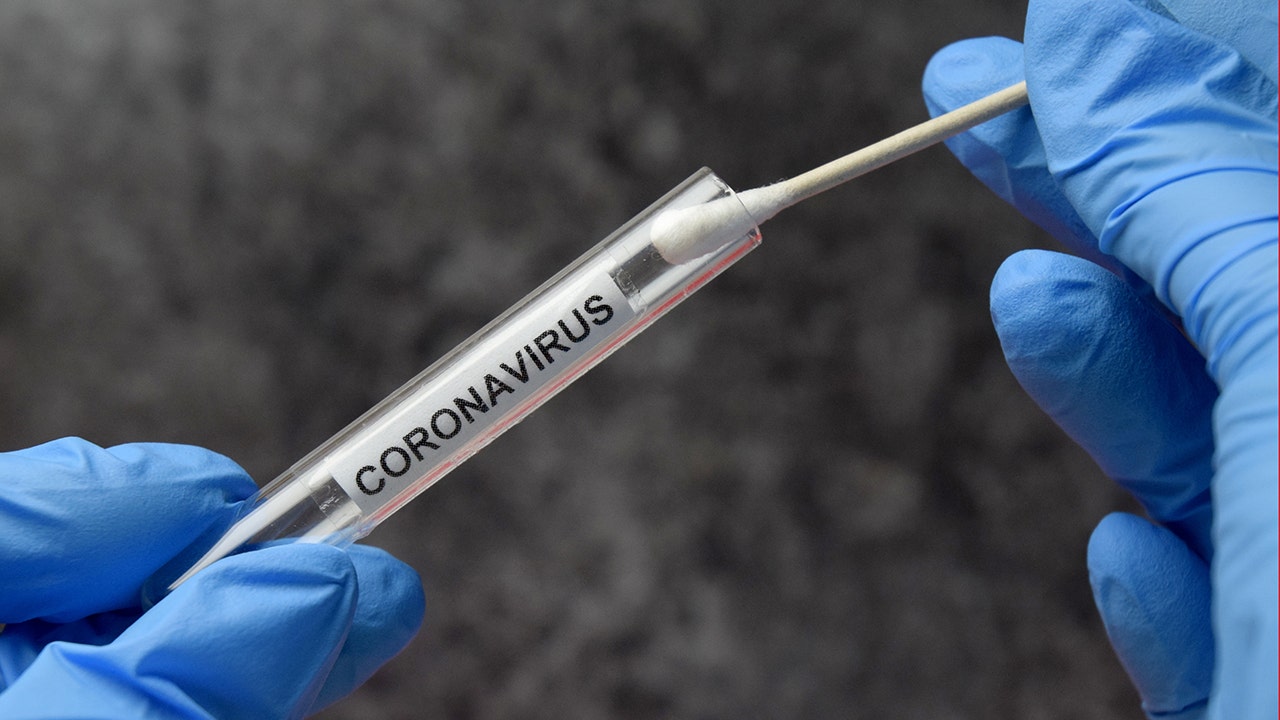While research on emerging coronavirus variants is ongoing, an expert warned that they are “not magic” and that the measures in place to mitigate the current spread will still work against the new strains. Mutations are also not out of the ordinary for a virus, especially one with a widespread spread in the community, said Dr. Gigi Gronvall, senior researcher at the John Hopkins Center for Health Safety and an associate professor at the Johns Hopkins Bloomberg School of Public Health in a press conference on Thursday.
“What we are seeing with SARS-CoV-2 is not unexpected,” she said, during the briefing “Variants of COVID-19: what they mean for testing and vaccines, achieving herd immunity and reducing transmission”. She added that the country needs to increase sequencing efforts to better track mutations.
“I want to emphasize that these variants are not magic,” said Gronvall. “Many of the things that we have done during this pandemic will continue to work with regard to these variants.”
WHAT HAPPENED TO CORONAVIRUS, ‘TWIN-DEMIC’ FLU? WEIGHTS EXPERTS
The diagnostic tests that were developed to detect the initial strains will also continue to work, she said, adding that if there is any “threat to the test capability”, the FDA is monitoring and notifying manufacturers and consumers.
“In addition, we are encouraged that vaccines that have FDA emergency use authorization continue to be effective,” she said. “There is a lot of data that is coming out about the vaccine’s effectiveness against these variants and a lot of laboratory data that doesn’t show the whole picture, we are continuing to monitor the situation. At least for vaccines that currently have emergency use authorization, they still appear to be very protective. “
THE DIRECTOR OF THE CDC WORKS ABOUT PANDEMIC FATIGUE IN SPRING: ‘THIS CAN BE BAD SO FAST’
Dr. Andy Pekosz, co-director of the John Hopkins Center of Excellence for influenza research and surveillance and professor and vice president of the microbiology and immunology department, added that the driving factor for the variants is the high number of coronavirus cases in the community .
“We also need to realize that case numbers are one of the things that [are] increasing the likelihood that this virus will acquire mutations that make it more transmissible, “he said.” If it’s a 1 in a million chance, we let the data roll 900,000 times because we weren’t able to control the cases out there. Controlling the case numbers will be the most critical thing we will do to decrease the likelihood of more variants. “
Pekosz also said that the threat of another increase in cases due to an emerging variant could be mitigated through an accelerated and concentrated vaccination effort, which, together with infection rates, would provide a high level of immunity.
“I think the vaccine and the national infection provide sufficient immunity so that there are not a large number of cases of the new variants,” he said. “They can slow the rate of reduction in the number of cases, but I think everything I have seen so far about immune responses suggests that these variants are still susceptible to immunity induced by the vaccine or infection.”
CLICK HERE FOR FULL CORONAVIRUS COVERAGE
Still, he said that the immunity induced by the COVID-19 vaccine is stronger and longer lasting than that left by the previous infection.
“Both types of immune responses will help us, but we really want to focus on making the vaccination campaign start and continue because that is the strongest and most enduring immunity,” he said.
